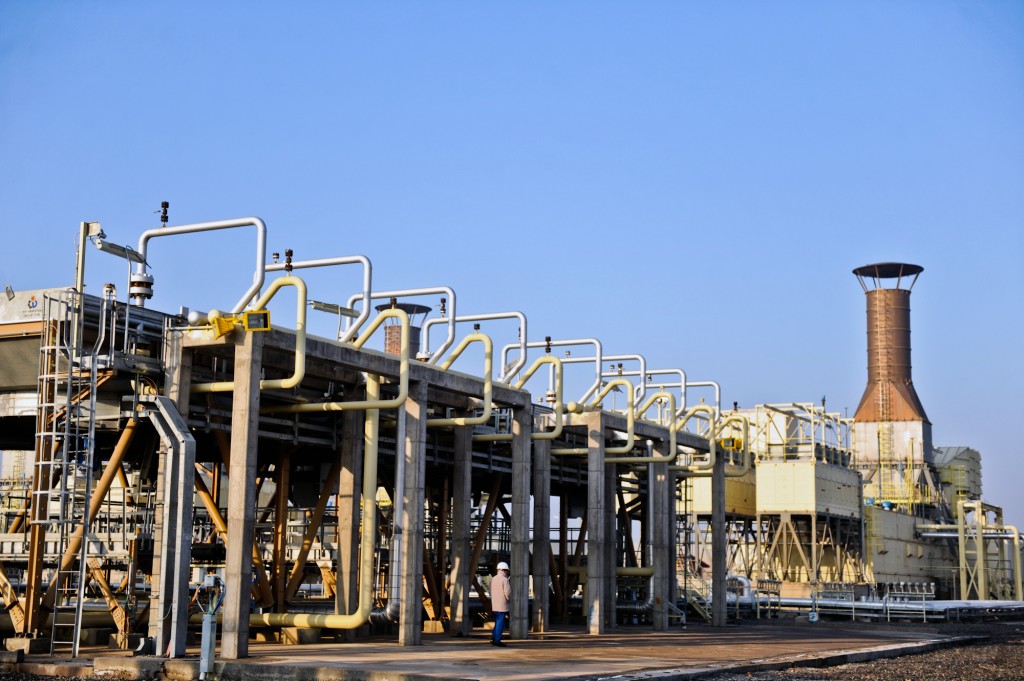Report: Iran Oil Revenues Down 45%

Iran’s revenues from vital oil and gas exports have dropped by 45 percent because of sanctions over its suspect nuclear program, a senior lawmaker said Monday, a clear admission that sanctions over Iran’s suspect nuclear program are having a severe impact.
Iran’s sanctions-driven financial crisis has led to collapse of the currency, proposals for an austerity budget and government demands that local airlines clear their debts pay cash for fuel, or faced grounding — but its leaders have given no indication that they might give in to the pressure and scale back their nuclear development program.
Gholam Reza Kateb, head of the parliament’s budget committee, said oil exports have dropped 40 percent in the last nine months compared to the corresponding period last year. He said banking sanctions also contributed to the 45 percent reduction in revenues.
Iran is under U.N. sanctions and Western oil, banking and trade restrictions over its refusal to halt uranium enrichment, which is a potential pathway for nuclear weapons development.
Crude oil exports account for nearly 80 percent of Iran’s foreign revenue.
Kateb said details of the steep revenue drop emerged Monday in a report by Oil Minister Rostam Qasemi to the parliament on the status of crude oil and liquid gas sales.
“On the basis of the report, oil sales are down 40 percent and income has dropped 45 percent in the last nine months,” Kateb was quoted by the semiofficial ISNA news agency as saying.
The Iranian government is preparing to present an austerity budget to parliament for the next Iranian calendar year that begins March 21. It would substantially increase income taxes as a way of avoiding a budget deficit.
The government is already facing a cash crunch from the drop in oil revenues as a result of Western sanctions that Iran calls it an “economic war.”
The International Energy Agency says Iran’s oil exports plunged to 1 million barrels a day in July last year from 1.74 million barrels a day in June after an embargo by the European Union, which accounted for around 18 percent of Iran’s exports. But it said exports picked up to about 1.3 million barrels a day in November.
Kateb said experts are predicting that Iran will be able to export 1.5 million barrels of oil a day over the next year. Iran has also sought to increase its export of oil byproducts as a way of bypassing the sanctions.
This article appeared in print on page 3 of edition of Hamodia.
To Read The Full Story
Are you already a subscriber?
Click "Sign In" to log in!

Become a Web Subscriber
Click “Subscribe” below to begin the process of becoming a new subscriber.

Become a Print + Web Subscriber
Click “Subscribe” below to begin the process of becoming a new subscriber.

Renew Print + Web Subscription
Click “Renew Subscription” below to begin the process of renewing your subscription.












